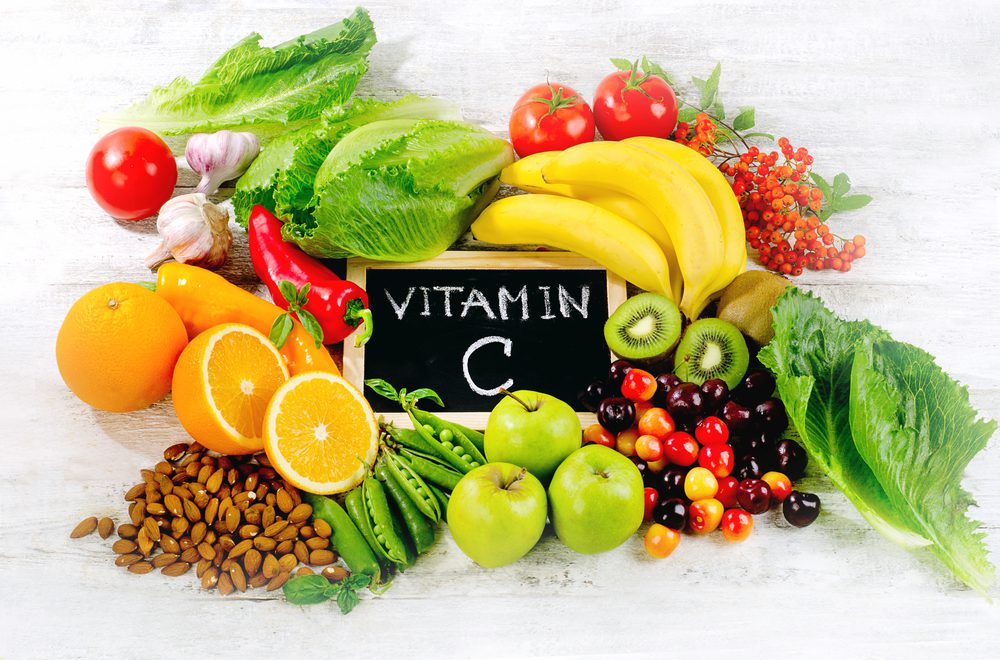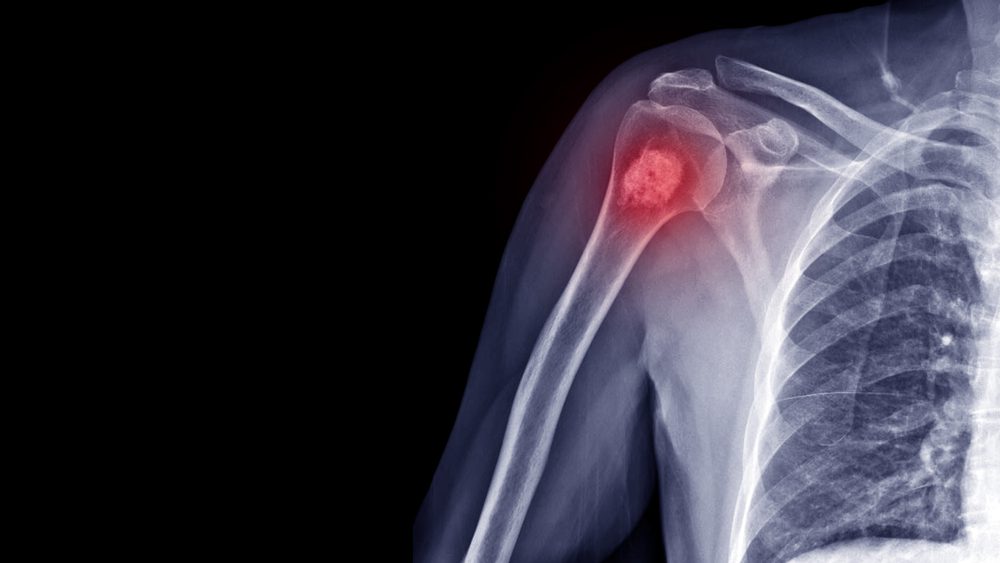Have you considered these foods for gout relief?
Gout, a form of arthritis, can be debilitating and excruciating, usually triggered by the stacked amount of uric acid crystals in the joints. Those who suffer from gout know that preventing painful flare-ups and managing the symptoms is of critical importance.
In trying to find relief, many people have discovered that their diet can play a crucial role. This has led us down a rabbit hole of finding foods for gout relief, and we found a comprehensive list of ingredients to alleviate gout symptoms and reduce inflammation.
By making good decisions about what you eat, you can take a different approach to handling gout and improving our quality of life. So, let’s embark on this journey of dietary wisdom and discover the top 6 foods for gout relief and what you should avoid.
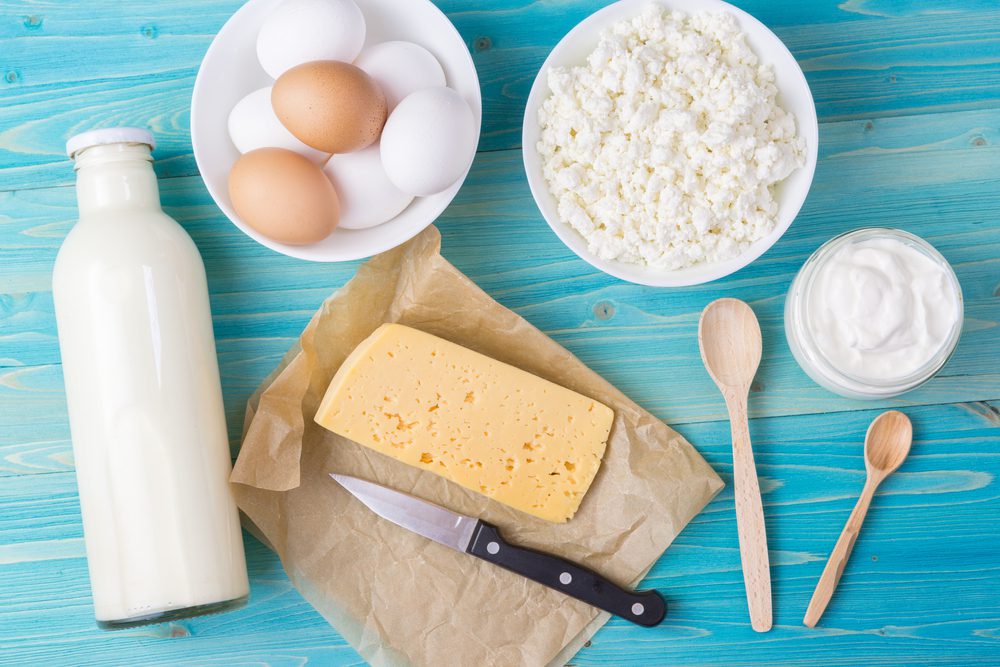
Low-Fat Dairy
Dairy products have been proven to decrease the risk of gout. In particular, non-fat or low-fat dairy can be protective against recurrent gout flares.
Low-fat dairy is one of the best foods for gout relief because it might also reduce uric acid levels and contain specific anti-inflammatory properties that lower the inflammatory response to monosodium urate crystals within a person’s joint.
The Dietary Guidelines for Americans recommend you eat 3 servings of dairy daily for healthy adults. This includes yogurt, low-fat milk, cheese, and cottage cheese.
High-Vitamin C Foods
Vitamin C is one of the most significant antioxidants. But it’s lesser known for its probable role in treating gout by lowering blood uric acid levels.
A study published in 2009 followed about 47,000 men for a period of 20 years and examined their risk of gout regarding their vitamin C intake.
The conclusion was that higher vitamin C intake was connected to a lower risk of developing gout, and up to a 45% lower risk when ingesting 1,500 milligrams or over of vitamin C daily.
Another analysis performed in 2011 of 13 randomized controlled clinical trials in individuals with high blood uric acid levels discovered that vitamin C supplementation with an average dose of 500 milligrams a day for a month slightly reduced serum uric acid levels.
Whether this amount significantly reduces the risk of gout needs to be further investigated. But foods high in vitamin C include:
-Citrus fruits
-Strawberries
-Kiwifruit
-Cantaloupe
-Sweet bell peppers
-Baked potatoes
-Cruciferous vegetables
-Tomatoes
Note: If you have an increased risk for kidney stones, it’s not recommended to consume high doses of supplemental vitamin C regularly.
Cherries
Cherries have been under investigation for their role in managing and even preventing gout. Their red color is due to biological compounds called anthocyanins, which contain anti-inflammatory and antioxidant properties.
Even though cherries are high in fructose, studies have shown that cherry consumption might help lower uric acid levels, therefore decreasing inflammation and reducing the risk of future gout attacks.
Tart cherries like Balaton or Montmorency are the most commonly studied type for gout. Fresh, juiced, frozen, or extract forms are widely consumed. But, there are no defined amounts to eat daily for gout prevention.
Investigations vary widely in the serving of cherries, such as a half cup of fresh cherries vs a cup of cherry juice a day. For cherry extract supplements, it’s best to follow the recommended dosage on the nutrition label.
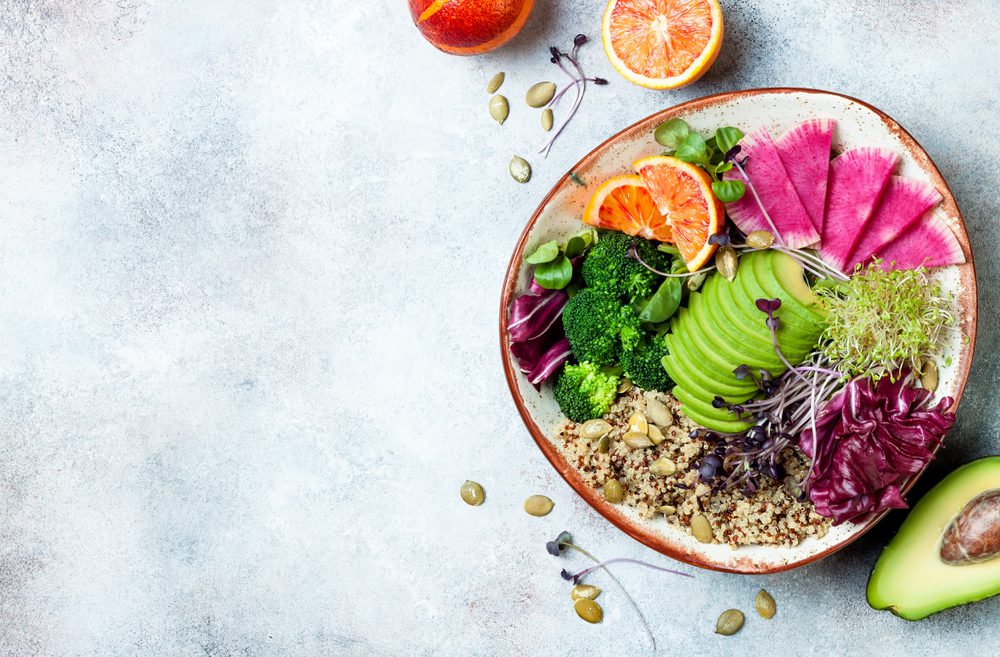
Plant-Based Foods
Plant-based diets have been revealed to reduce the risk of gout, according to a few studies. Certain vegetables are higher in purines. But everyone processes plant-based purines differently. Studies show that plant-based purines decrease the risk of gout.
A review performed in 2019 of plant-based diets and their connection with gout indicated that a fair consumption of higher purine plant foods as a part of a plant-based diet can be safely tolerated in healthy people.
Researchers noted that more studies are required in individuals with high uric acid levels, especially those with chronic kidney disease. Many plant-based foods are low in purines, making them a perfect choice for a gout-friendly diet.
They also have multiple health-promoting nutrients, including minerals, vitamins, and fiber. Some plant-based foods include:
-Nuts
-Beans and other legumes
-Fruit
-Seeds
-Nut and vegetable-based oils
-Vegetables
-Soy-based proteins
-Whole grains
Coffee
Coffee is one of the most consumed beverages worldwide and has been researched for its diverse effects on health. Early analyses indicate that this beverage might be able to decrease the risk of gout. But, research shows that it might vary based on gender.
A 2015 review found that men who drank four to five cups of coffee daily had a 40% decreased chance of gout, and those who drank six cups or more daily had a 59% lower probability compared to no coffee consumption.
In women who consumed a couple of cups of coffee daily, the threat of gout was 22% less, and in people who drank over four cups daily, the risk was 57% less compared to no coffee consumption.
From this, researchers concluded that drinking four or more cups of coffee daily lowers uric acid levels and reduces the incidence of gout. Nevertheless, none of the research has explored the results of coffee intake on the risk of recurrent gout attacks.
Water
Remaining hydrated is vital for people with gout. A 2017 study examined the association between water intake and uric acid levels.
After reviewing the data, researchers determined that water intake is associated with lower uric acid levels in individuals with gout, probably due to increased uric acid excretion with higher water intake.
Nevertheless, more research is required to discover the connection between water intake and gout.
A review in the American Journal of Lifestyle Medicine discovered that sweating excessively, like after exercising or sauna bathing, lowered urinary excretion of uric acid, leading to increased uric acid levels.
So, researchers recommend drinking lots of water to avoid raised serum uric acid levels after activities that would cause heavy sweating.
Studies also show that sufficient water consumption 24 hours before a gout flare is connected to a significant decrease in recurrent gout attacks.
Overall, water is the best source of hydration. Still, other beverages, like coffee, and foods, such as fruits and veggies, contain water and can contribute to your hydration.
Some experts recommend that a person drinks half their body weight in ounces daily for optimal hydration.
Looking for a new coffee brand? Here’s one of our favorites from Amazon: Amazon Fresh Direct Trade Rwanda Whole Bean Coffee
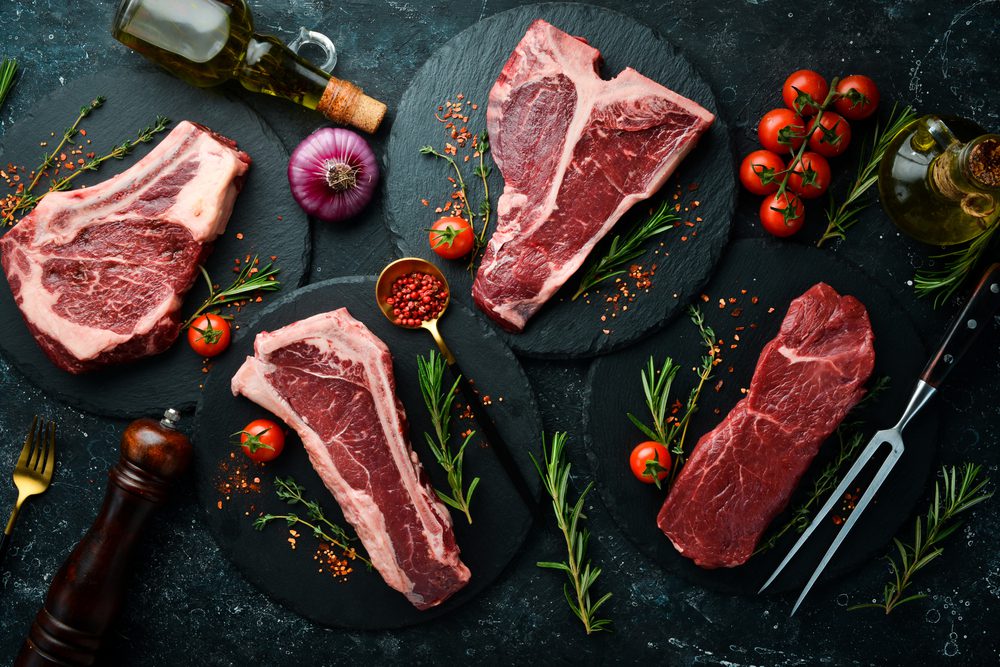
Which foods will make gout worse?
The foods and drinks that are most likely to trigger gout include:
Alcohol: Although not all alcoholic beverages are high in purines, alcohol deters your kidneys from eliminating uric acid, dragging it back into your body, where it continues to build.
Sweets and sugary drinks: Table sugar is half fructose, which breaks down into uric acid. Any food or drinks with higher sugar content can trigger gout.
Certain seafood: This includes herring, mussels, scallops, codfish, tuna, trout, and haddock.
Organ meats: These include liver, brain, tripe sweetbreads, and kidneys.
Yeast: This also includes yeast extract.
Red meats: This includes pork, beef, lamb, and bacon.
Turkey: This leaner meat is actually high in purines. You should especially avoid processed deli turkey.
Gravy and meat sauces.
What’s your experience with these foods for gout relief? Be sure to share your thoughts with us in the comments section. But don’t go away just yet!
Healthy Reads has much more to offer its readers. For Instance, we also highly recommend reading: 4 Acupuncture Benefits for Arthritis You MUST Know








